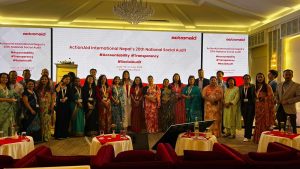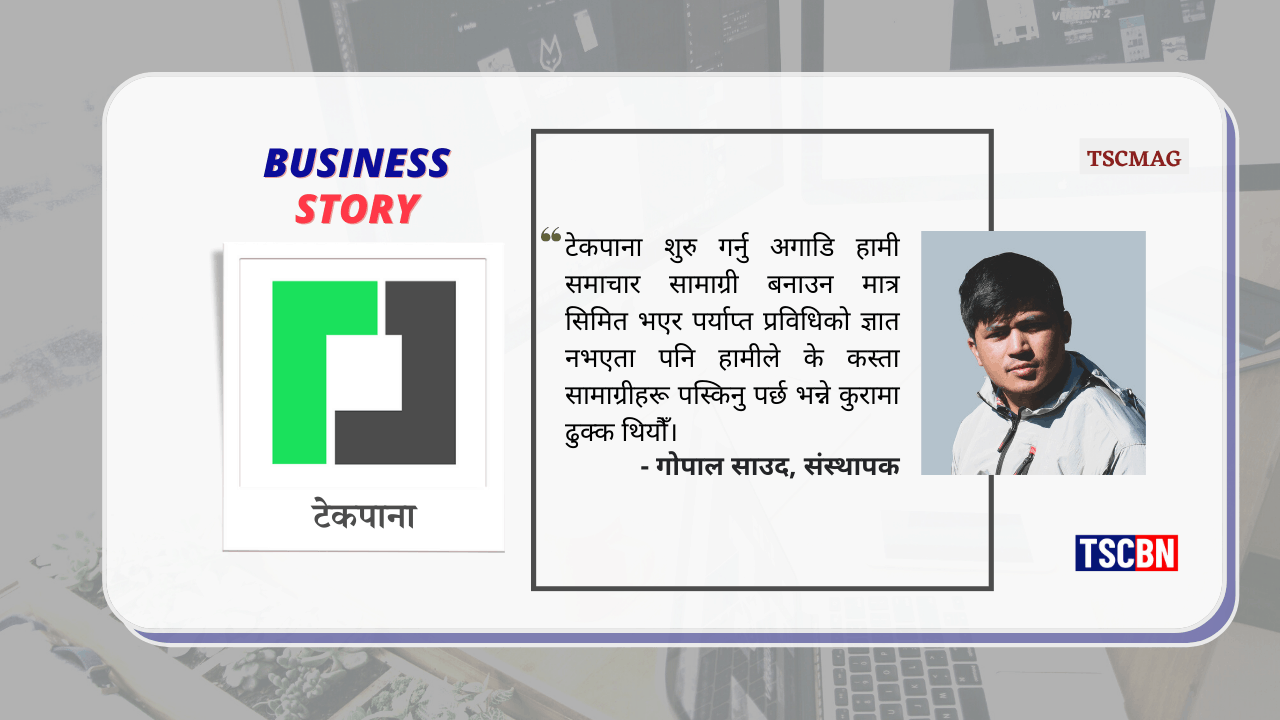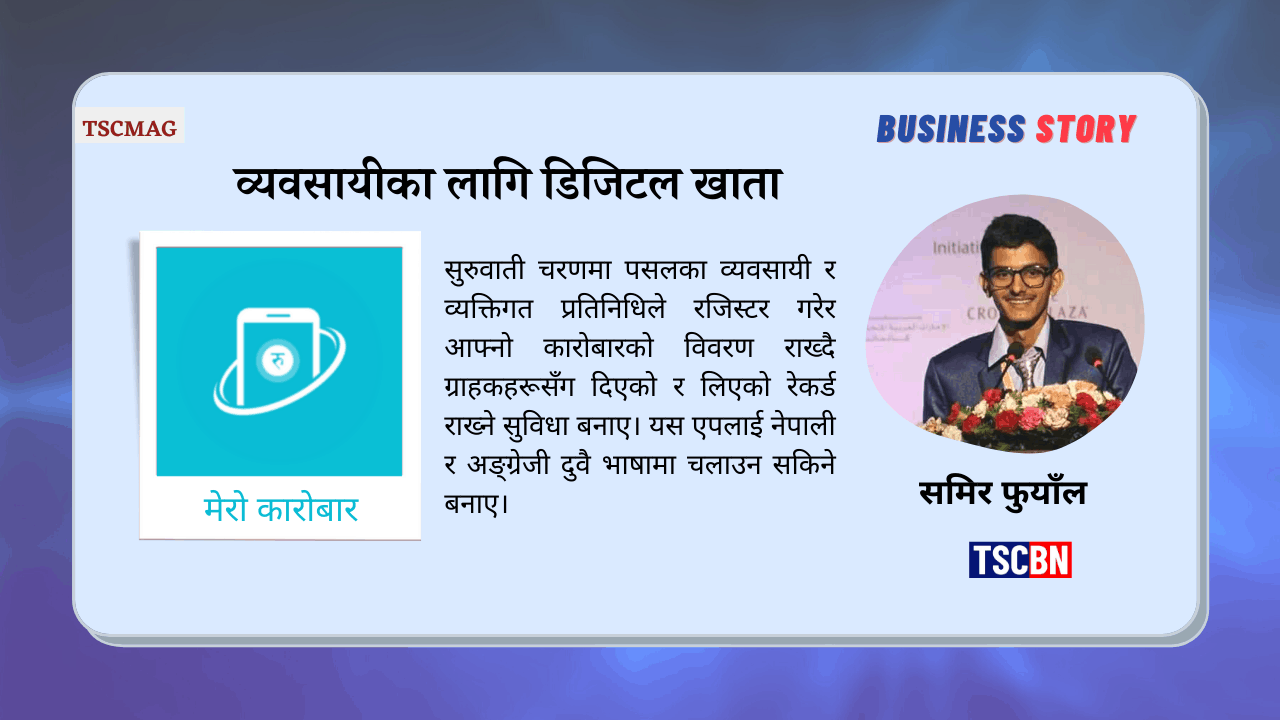Know these 10 rights – Nepali Constitution
- Rights to Freedom:
Every citizen shall have freedom of thought and expression, freedom to assemble peacefully without arms, freedom to form political parties, freedom to form associations and organizations, freedom of movement and residence in any part of Nepal, occupation, employment and establishment of industry, trade and business in any part of Nepal. And there will be freedom to operate. - Rights to Equality:
All citizens shall be equal before the law. No one shall be denied the equal protection of the law. In application of the common law, there shall be no discrimination on grounds of origin, religion, race, caste, caste, sex, physical condition, disability, health status, marital status, pregnancy, economic status, language or region, ideological belief or the like. - Rights of Crime Victims:
Crime victims have the right to receive information about the investigation and proceedings of the case they are a victim of. Crime victims will have the right to justice including social rehabilitation and compensation according to law. - Rights against Torture:
A person arrested or detained shall not be subjected to physical or mental torture or be subjected to cruel, inhuman or degrading treatment. - Entitlement to Social Security:
Economically poor, disabled and helpless, helpless single women, disabled, children, citizens who cannot take care of themselves and endangered species will have the rights to social security according to the law. - Property Rights:
Every citizen shall have the rights to acquire, enjoy, sell, receive commercial benefits and other transactions of property subject to the law. But the state may tax the wealth of the individual and tax the income of the individual in accordance with the principle of progressive taxation. - Rights to religious freedom:
Every person having faith in religion shall have the freedom to adopt, practice and maintain religion according to his faith. Every religious denomination shall have the right to operate and protect religious places and religious houses. However, it is not considered to be an obstacle to the operation and protection of religious places and religious Guthi and to make and regulate laws for the management of Guthi property and land. - Rights to Information:
Every citizen shall have the rights to seek and receive information on any matter of personal or public concern. However, no one shall be compelled to disclose information that is required to be kept confidential by law. - Rights to Privacy:
The privacy of any person’s life, residence, property, documents, data, correspondence and personal matters shall be inviolable except in accordance with law. - Rights to employment:
Every citizen shall have the rights to choose employment. Terms, conditions and unemployment benefits of employment shall be in accordance with federal law.
- 10 rights - Nepali Constitution
- Entitlement to Social Security in nepal
- Know these 10 rights
- Nepali Constitution
- Property Rights in nepal
- Rights against Torture in nepal
- Rights of Crime Victims in nepal
- Rights to employment in nepal
- Rights to Equality in nepal
- Rights to Freedom in nepal
- Rights to Information in nepal
- Rights to Privacy in nepal
- Rights to religious freedom in nepal
M
Recent:

 T
T
0
0
ActionAid Nepal Unveils Climate Policy Landscape and Conducts 20th Social Audit
June 5, 2024
Save

 T
T
0
0
Millsberry School Launches Prestigious A Level Program
May 21, 2024
Save

T
TSCBN
0
0
CG Launches Hero Bikes in Nepal, Sets Up Assembly Plant
April 24, 2024
Save


Related

M
Magazine
0
0
Know these 10 rights - Nepali Constitution
May 21, 2021
Save
More By Author

M
Magazine
0
0
Bridging Wisdom and Youth: The Remarkable Journey of 16-Year-Old Educator Reet Kafle
August 31, 2023
Save

M
Magazine
0
0
An alternative to a trial license is a QR Code License
July 16, 2021
Save

M
Magazine
0
0
Techpana has no competition in the market - Gopal Saud
July 16, 2021
Save

M
Magazine
0
0
Digital Transaction Record for businesses - Karobar App
June 18, 2021
Save


